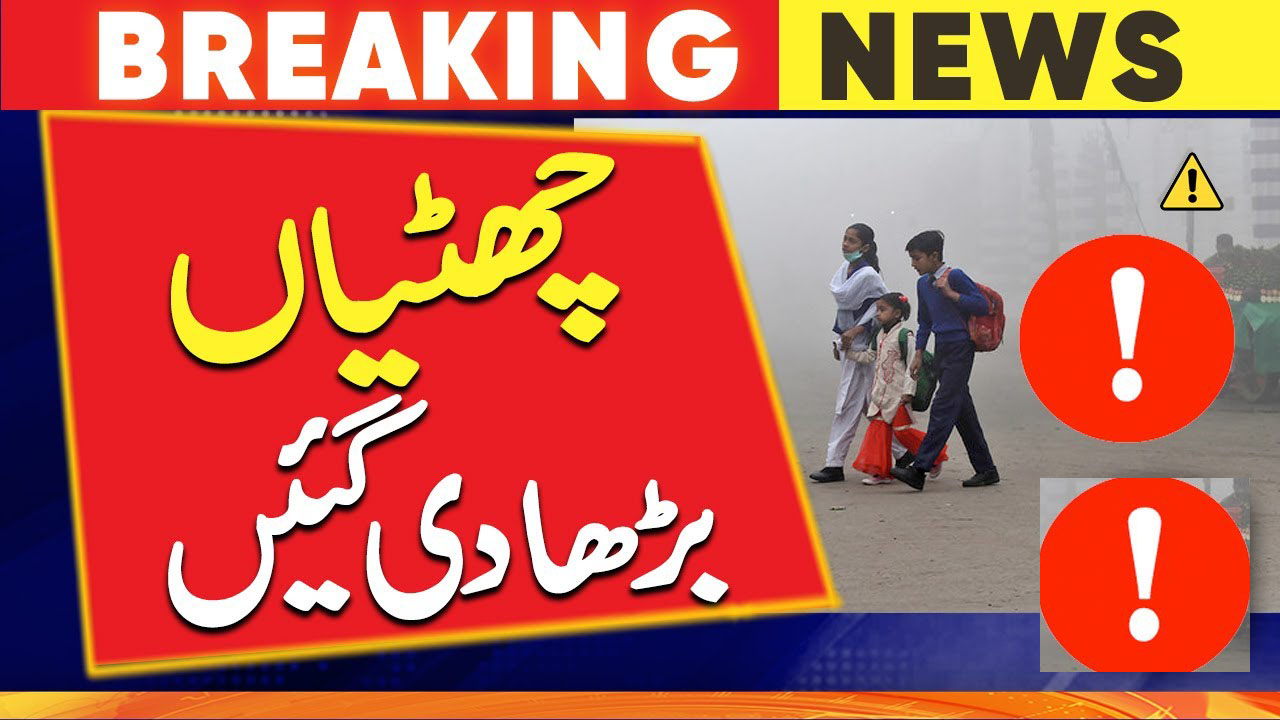The Punjab government has officially announced an extension of school and college vacations until November 25. This decision comes as part of efforts to address ongoing challenges and ensure the safety and well-being of students and staff across the province. In a move to maintain the continuity of education during this extended break, all academic activities will now be conducted online.
This extension reflects the government’s proactive approach to adapting to unforeseen circumstances that may impact educational institutions. The decision aligns with global practices of ensuring that learning does not halt, even when physical attendance is disrupted. Schools and colleges have been directed to implement virtual classes, ensuring that students can continue their studies from the comfort and safety of their homes.
The shift to online classes offers both opportunities and challenges. While it ensures that students remain engaged with their academic curriculum, it also demands a robust digital infrastructure. Schools and colleges are expected to provide necessary resources, guidance, and technical support to ensure that students can effectively participate in virtual learning. Teachers are being encouraged to use innovative methods and tools to create interactive and engaging online sessions.
Parents and guardians play a crucial role in this transition. Their support in helping children adapt to online learning environments will be pivotal for success. The government has also urged parents to ensure that their children attend these classes regularly and utilize this period productively.
This move also underscores the importance of technology in modern education. The reliance on digital platforms for learning during these extended vacations highlights the growing need for investments in digital tools, training for educators, and equitable access to technology for students from diverse backgrounds.
While some may view the extension of vacations as a disruption, it can also be seen as an opportunity to rethink and innovate traditional educational models. By focusing on online education, institutions can explore new ways to make learning more flexible and accessible, preparing for a future where hybrid learning may become the norm.
The Punjab government has emphasized its commitment to ensuring that the extended vacations do not negatively impact students’ academic progress. Additional measures, such as recorded lectures and supplementary materials, may also be provided to bridge any gaps and reinforce learning outcomes.
In conclusion, the extension of vacations until November 25 and the shift to online classes mark a significant step in adapting to current challenges. This period can serve as a learning curve for both institutions and families, fostering resilience and creativity in the education system. With collective efforts from educators, students, and parents, this transition can pave the way for a more inclusive and tech-savvy approach to education.
